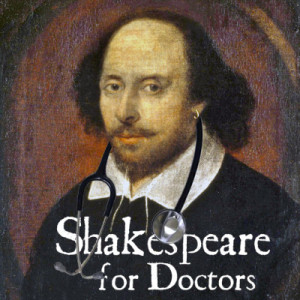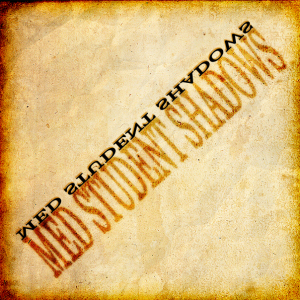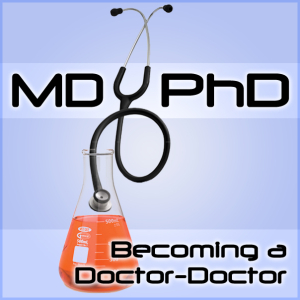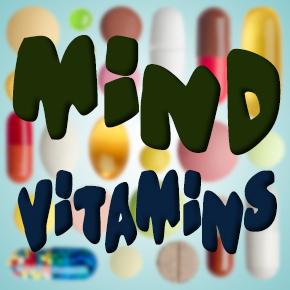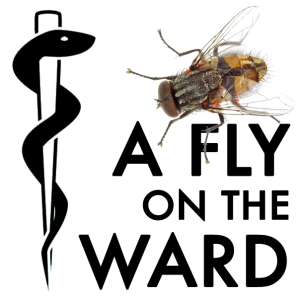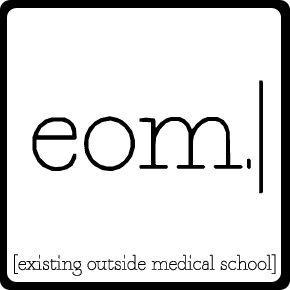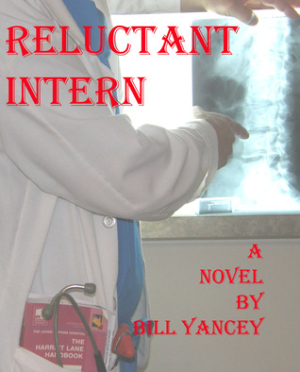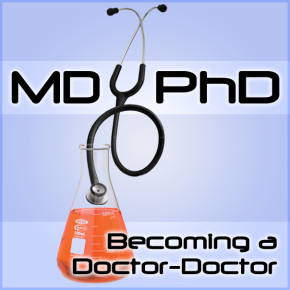Poetry for Medical Students
When my classmates ask me to recommend poems for reading, I am always thrilled to share my favorite poems. After sharing, I sometimes ask myself the following questions: What am I recommending exactly? How can reading poetry benefit my classmates? How has reading poetry helped me, if it even has? These are important questions to think about, particularly when thinking about how to prioritize reading poetry alongside other activities; this would not be unlike using triage to assign priority for treatments.







